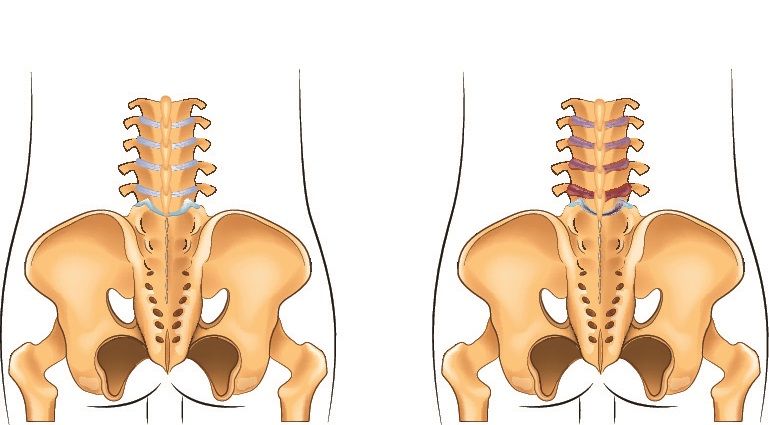Adalimumab Biosimilar Post-Marketing Report
An Indian-made biosimilar to adalimumab has been shown to be safe and effective for up to 24 weeks in patients with ankylosing spondylitis, say researchers writing in ACR Open Rheumatology this month.
(©AdobeStock_Artemidapsy)

An Indian-made biosimilar to adalimumab has been shown to be safe and effective for up to 24 weeks in patients with ankylosing spondylitis, say researchers writing in ACR Open Rheumatology this month.
The biosimilar, ZRC-3197 (Exemptia, Cadila Healthcare Ltd, India), is approved for all of the traditional indications for adalimumab (rheumatoid arthritis, juvenile idiopathic arthritis, psoriatic arthritis, ankylosing spondylitis, axial spondyloarthritis, Crohn’s disease, ulcerative colitis, plaque psoriasis and hidradenitis suppurativa), but previous studies have reported mixed results, particularly for ulcerative colitis where one study published in 2018 showed limited efficacy.
But in this trial of 308 patients with ankylosing spondylitis, the efficacy and tolerability was described as good to excellent for more than 98 percent of patients. “The therapy was tolerated well, and there were no new unexpected adverse reactions with the biosimilar's use during this study,” the authors wrote.
The study included 308 ankylosing spondylitis patients (mean age 35 years, 19 percent women) whose treatment outcomes were recorded in the Adalimumab Biosimilar Patient Registry (ASPIRE), the postmarketing registry used for this study. They received 40 mg of Exemptia subcutaneously every two weeks.
In patients with complete data, there was a gradual and significant decrease (P of less than .001) in the primary disease outcome scores as measured by Bath Ankylosing Spondylitis Disease Activity Index (BASDAI). The mean BASDAI score of 107 improved from 6.2 ± 1.54 to 2.1 ± 0.64, and the median visual analogue scale (VAS) score of 101 improved from eight to two after 24 weeks of therapy. The BASDAI score was lower than four in about 94 percent of patients after 24 weeks of therapy. 95 percent of patients achieved BASDAI50 response.
Common adverse events such as headache, nausea, fatigue, arthralgia and rashes were reported by 10 to 15 percent of the patients, and the infection rate was five to 10 percent. Tuberculosis was reported in 2 percent of the patients, and there were no injectionâsite reactions. Exemptia was discontinued due to adverse events or a lack of efficacy in 9 and 2 percent of patients, respectively.
COST OF BIOSIMILARS
Biosimilars are of particular interest in India which has a large, uninsured patient population with financial constraints, wrote the authors who were led by Mihir Gharia, MBBS, Zydus Biovation, India. ZRCâ3197 was made available in India in 2014 at almost 20 percent less than the cost of originator product, or the brand name version.
“Despite their clinical benefits, cost remains a concern for biologic treatments, especially in countries like India that need to cater to a large, nonâinsured patient pool with financial constraints,” the authors wrote.
REFERENCE
Sanjiv Kapoor, Viswanath V. Kaushik, Rahul Jain, et al. “A Realâlife Tolerability and Effectiveness of Adalimumab Biosimilar in Ankylosing Spondylitis: the Adalimumab Biosimilar Patient Registry Data.”ACR Open Rheumatology. August 12, 2019. https://doi.org/10.1002/acr2.11067